Home>Interior Design>9 Ways To Make Your Bedroom Better For Sleep: Essential Tips From The Experts
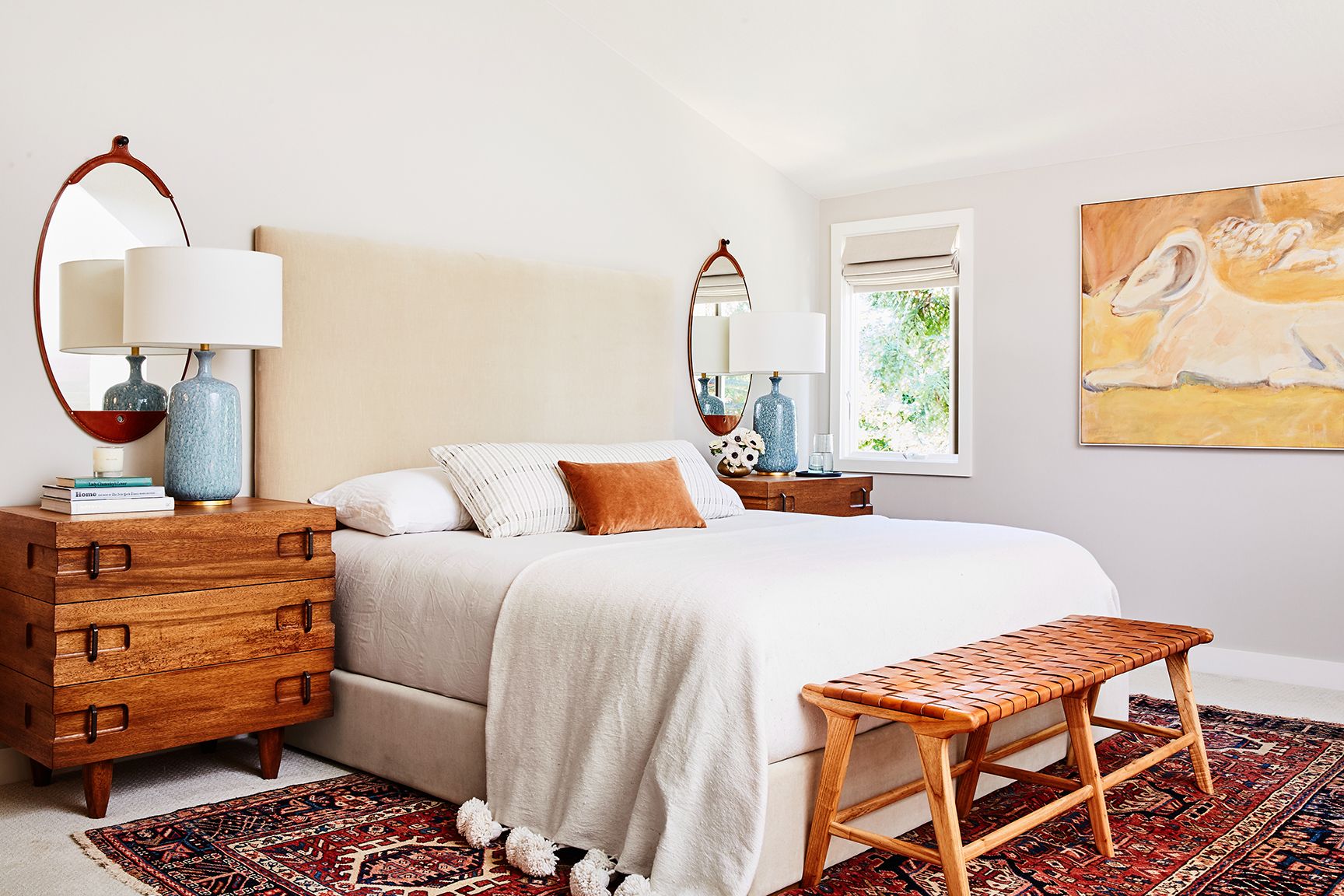

Interior Design
9 Ways To Make Your Bedroom Better For Sleep: Essential Tips From The Experts
Modified: March 24, 2024
Discover 9 essential tips from the experts to transform your bedroom for better sleep. Improve your interior design and create the perfect sleep sanctuary.
(Many of the links in this article redirect to a specific reviewed product. Your purchase of these products through affiliate links helps to generate commission for Storables.com, at no extra cost. Learn more)
Introduction
Creating a bedroom that promotes a restful and rejuvenating sleep is essential for overall well-being. Your bedroom should be a sanctuary, a peaceful retreat where you can unwind, relax, and recharge. To achieve this, it’s important to pay attention to various factors that contribute to a better sleep environment.
In this article, we will share nine essential tips from interior design experts to help you create a bedroom that is better suited for sleep. These tips encompass everything from creating a relaxing atmosphere to choosing the right bedding and optimizing your bedroom layout. By incorporating these tips into your space, you will be well on your way to experiencing more restful nights and waking up refreshed each morning.
So, let’s dive in and discover how you can transform your bedroom into a sleep-inducing haven.
Key Takeaways:
- Transform your bedroom into a sleep-inducing haven by creating a relaxing environment, investing in comfortable bedding, and establishing a consistent bedtime routine. Pay attention to details that optimize your sleep environment for restful and rejuvenating nights.
- Prioritize creating a space that promotes relaxation and tranquility, and let your bedroom become a sanctuary where you can escape the stresses of the day and indulge in blissful slumber.
Create a Relaxing Environment
Creating a tranquil and calming atmosphere in your bedroom is crucial for promoting quality sleep. Here are some tips to help you create a relaxing environment:
Choose calming colors: Opt for soothing, neutral tones like soft blues, muted greens, or earthy beiges. These colors have a calming effect and can help create a sense of serenity in your space.
Minimize clutter: A cluttered bedroom can contribute to a restless mind. Keep your bedroom tidy and organized by decluttering regularly and finding proper storage solutions for your belongings. This will promote a sense of peace and calm in your space.
Add soft lighting: Harsh overhead lighting can be disruptive to your sleep. Instead, incorporate soft and warm lighting options, such as bedside lamps or dimmer switches, to create a relaxed ambiance in your bedroom.
Use calming scents: Aromatherapy can be a wonderful way to create a soothing atmosphere in your bedroom. Consider using essential oils like lavender, chamomile, or vanilla, which are known for their calming properties. You can use a diffuser or scented candles to disperse these scents throughout your space.
Control noise levels: Excessive noise can interfere with your sleep quality. Use earplugs or a white noise machine to block out any unwanted sounds. You can also consider using thick curtains or soundproofing materials to minimize noise from outside sources.
By implementing these strategies, you can transform your bedroom into a serene and tranquil sanctuary that promotes relaxation and restful sleep.
Invest in a Comfortable Mattress
Having a comfortable mattress is essential for getting quality sleep. Here are some key factors to consider when choosing a mattress:
Research different types of mattresses: There are various types of mattresses available, including memory foam, innerspring, latex, and hybrid. Take the time to research each type to understand their benefits and drawbacks.
Consider your preferred level of firmness: Everyone has different preferences when it comes to mattress firmness. Some individuals prefer a firmer mattress for better support, while others prefer a softer one for a plush and cozy feel. Consider your specific needs and find a mattress that aligns with your preferences.
Test out mattresses before purchasing: Before committing to a mattress, it’s essential to test it out. Visit mattress stores and spend some time lying on different mattresses to gauge comfort and support. This will give you a better idea of whether a particular mattress is suitable for you.
Replace your mattress as needed: Mattresses have a lifespan and will eventually wear out. If you’ve had your mattress for several years and are experiencing discomfort or sagging, it might be time to invest in a new one. Aim to replace your mattress every 7-10 years to ensure optimal comfort and support.
Investing in a comfortable mattress that suits your needs is a worthy investment in your sleep health. Remember to take your time, research thoroughly, and test out different options to find the perfect mattress for a good night’s sleep.
Choose Supportive Pillows
While we often focus on finding the right mattress, choosing the right pillows is equally important for a good night’s sleep. Here are some tips to help you select supportive pillows:
Determine your sleeping position: Your sleeping position plays a significant role in determining the type of pillow that will provide the best support. If you sleep on your back, a medium-firm pillow that supports the natural curvature of your neck and head is ideal. For side sleepers, a firmer pillow with extra loft to align the spine is recommended. Stomach sleepers should opt for a softer, flatter pillow to prevent strain on the neck and back.
Select pillows that cater to your needs: Consider any specific needs you may have, such as allergies or neck pain. Look for hypoallergenic pillows if you suffer from allergies, and consider orthopedic pillows if you experience neck or back pain. Memory foam pillows can also be a good option for providing contouring support.
Consider adjustable or customizable options: Adjustable pillows allow you to customize the loft and firmness to suit your preferences. These pillows often have removable inserts or fillings that can be added or removed to achieve the desired level of support. This is particularly useful if your preferences or needs change over time.
Replace pillows regularly: Pillows can accumulate dust mites, allergens, and lose their shape over time. It’s recommended to replace your pillows every 1-2 years, especially if you notice signs of wear and tear or if you no longer find them comfortable.
Selecting supportive pillows that align with your sleeping position and cater to your needs will enhance your sleep quality and ensure proper alignment of the head, neck, and spine throughout the night. Take the time to find the right pillows for a more restful and rejuvenating sleep experience.
Use High-Quality Bedding
To create a cozy and comfortable sleep environment, it’s important to choose high-quality bedding. Here are some tips to help you select the right bedding for a better sleep experience:
Choose breathable and hypoallergenic materials: Opt for bedding made from breathable and hypoallergenic materials, such as cotton, bamboo, or microfiber. These materials allow air to circulate, preventing overheating and reducing the likelihood of allergic reactions.
Opt for comfortable and soft sheets: Look for sheets with a high thread count for a soft and luxurious feel. Egyptian cotton sheets are known for their superior quality and comfort. Satin or silk sheets can also provide a smooth and silky texture that promotes better sleep.
Invest in a suitable duvet or comforter: Choose a duvet or comforter that suits your preferred level of warmth and insulation. Consider the fill power, which indicates the quality and loftiness of the down or synthetic filling. A suitable duvet or comforter will keep you warm and cozy without causing overheating.
Use mattress protectors and pillow covers: Mattress protectors help extend the life of your mattress by offering a barrier against stains, spills, and allergens. Opt for waterproof and breathable protectors that are easy to clean. Similarly, use pillow covers that are hypoallergenic to keep your pillows clean and free from dust mites.
Investing in high-quality bedding ensures optimal comfort and promotes a hygienic sleep environment. Soft and breathable materials, along with proper protection for your mattress and pillows, contribute to a more restful and rejuvenating sleep experience.
Establish a Bedtime Routine
Setting a bedtime routine can significantly improve your sleep quality and help you unwind from the day’s stresses. Here are some essential tips to establish an effective bedtime routine:
Set a regular sleep schedule: Try to go to bed and wake up at the same time every day, even on weekends. This helps regulate your body’s internal clock, making it easier to fall asleep and wake up naturally.
Incorporate relaxing activities before bed: Engage in activities that promote relaxation and signal to your body that it’s time to wind down. This can include reading a book, practicing gentle stretching or yoga, taking a warm bath, or listening to calming music. Find activities that help you de-stress and prepare your mind and body for sleep.
Avoid stimulants such as caffeine and electronics: Limit your consumption of caffeine, especially in the afternoon and evening, as it can interfere with your ability to fall asleep. Additionally, avoid using electronic devices, such as smartphones and tablets, before bed. The blue light emitted by these devices can suppress the sleep hormone melatonin and disrupt your sleep-wake cycle.
Create a calming bedtime ritual: Establish a routine that signals to your body it’s time to sleep. This can include activities such as meditation or deep breathing exercises, using a relaxation app or guided imagery, or indulging in a cup of caffeine-free herbal tea. Find what works best for you and make it a regular part of your bedtime routine.
By implementing a consistent bedtime routine, you are sending a signal to your body that it’s time to wind down and prepare for sleep. This can help improve the quality of your sleep and ensure a more restful night.
Consider using blackout curtains to block out any light that may disrupt your sleep. This can help create a dark and calming environment for better rest.
Control Temperature and Humidity
The temperature and humidity levels in your bedroom can significantly impact your sleep quality. Here are some tips to help you create a comfortable sleep environment:
Adjust the thermostat to a comfortable level: Find the ideal temperature that suits your preferences. Most experts recommend keeping the bedroom around 65 to 68 degrees Fahrenheit (18 to 20 degrees Celsius) for optimal sleep. Experiment with different temperatures to determine what works best for you.
Use fans or air conditioning to regulate temperature: If your bedroom tends to get too warm, consider using a fan or air conditioning to cool the room. Some people find that a gentle breeze from a fan can create a comfortable and soothing sleep environment.
Consider a humidifier or dehumidifier: Maintaining the right humidity level in your bedroom is essential for comfort. Dry air can cause dry skin, nasal congestion, or irritation, while high humidity can make the room feel stuffy. Depending on your needs and the climate you live in, use a humidifier or dehumidifier to adjust the humidity levels accordingly.
Use window coverings to control sunlight: Natural light can disrupt your sleep, especially if you need to sleep during the day or are sensitive to early morning light. Invest in blackout curtains or blinds to block out unwanted sunlight and create a dark and sleep-friendly environment.
By controlling the temperature and humidity in your bedroom, as well as blocking out excessive sunlight, you can create a comfortable sleep environment that promotes better sleep quality.
Block Out Unwanted Light and Sound
Creating a dark and quiet bedroom environment is essential for a restful sleep. Here are some tips to block out unwanted light and sound:
Use blackout curtains or blinds: Install blackout curtains or blinds to effectively block out external light sources. These specially designed window coverings can create a dark sleep environment, even during daylight hours. Make sure the curtains or blinds fit well and cover the entire window to minimize light leakage.
Consider using an eye mask: If you’re unable to completely eliminate light from your bedroom, consider using an eye mask. This can be especially useful if you’re sensitive to light or if you need to sleep during daylight hours. Choose a comfortable and adjustable eye mask that fits properly to ensure maximum light-blocking efficiency.
Use earplugs: If you’re easily disturbed by noise, invest in a pair of high-quality earplugs to minimize sound disruptions. Look for earplugs specifically designed for sleep, as they are often made with soft, comfortable materials that effectively reduce noise levels without causing discomfort.
Address any noise disturbances: If external noise is an issue, try to pinpoint the source and find ways to address it. This could involve using a white noise machine to mask disturbing sounds or placing rugs or carpets on floors to absorb impact noise. Additionally, consider fixing any squeaky doors or windows that might create unnecessary noise.
By blocking out unwanted light and sound, you create a peaceful sleeping environment that promotes better sleep quality and helps you wake up feeling refreshed and rejuvenated.
Create a Technology-Free Zone
Technology has become deeply ingrained in our daily lives, but it can be detrimental to our sleep quality. Creating a technology-free zone in your bedroom can help improve your sleep. Here are some tips to achieve this:
Remove electronic devices from the bedroom: The bedroom should be a space dedicated to relaxation and sleep. Remove electronic devices such as TVs, laptops, and gaming consoles from the bedroom. These devices emit blue light, which can suppress the production of melatonin, the hormone that regulates sleep.
Avoid using smartphones or tablets before bed: The blue light emitted by smartphones, tablets, and other electronic devices can disrupt your sleep-wake cycle. Aim to avoid using these devices for at least an hour before bed. Instead, engage in relaxing activities that promote unwinding, such as reading a book or practicing mindfulness.
Keep the bedroom solely for relaxation and sleep: Reserve your bedroom for its intended purpose – relaxation and sleep. Avoid using it as a workspace or an entertainment area. By associating your bedroom with rest and tranquility, you condition your mind and body to associate the space with sleep, making it easier to fall asleep and stay asleep.
Creating a technology-free zone in your bedroom can have a significant positive impact on your sleep quality. By removing electronic distractions and keeping the bedroom solely for relaxation and sleep, you create an environment that supports restful and rejuvenating sleep.
Evaluate Your Bedroom Layout and Furniture
The layout and furniture arrangement in your bedroom can greatly influence your sleep quality. By optimizing your bedroom’s layout, you can create a peaceful and conducive environment for rest. Here are some tips to help you evaluate your bedroom layout:
Arrange furniture for optimal sleep: Position your bed in a way that allows for easy access and promotes a sense of calm. Ensure that your bed is not directly facing a door or a window, as this can create a distracting or unsettling energy flow. Place bedside tables or nightstands on either side of the bed for added convenience.
Remove distractions and unnecessary items: Clutter in the bedroom can be visually and mentally distracting, which may impact your ability to relax and sleep. Clear away any unnecessary items, such as excessive decorations or piles of clothes. Keep your bedroom free from clutter to create a clean and peaceful atmosphere.
Consider Feng Shui principles for bedroom layout: Feng Shui is an ancient Chinese practice that focuses on creating harmony and balance in physical spaces. Incorporating Feng Shui principles can help optimize your bedroom’s energy flow and enhance your sleep environment. Some tips include placing your bed in a commanding position, using soothing colors, and incorporating elements of nature, such as plants or natural materials.
Evaluating your bedroom layout and furniture arrangement can have a significant impact on your sleep quality. By arranging your furniture for optimal sleep, removing distractions, and considering principles of Feng Shui, you create a harmonious and peaceful environment that promotes restful sleep.
Conclusion
Creating a bedroom that is better suited for sleep is essential for achieving restful and rejuvenating nights. By implementing the tips provided by interior design experts, you can transform your bedroom into a sleep-inducing haven. From creating a relaxing environment to investing in comfortable bedding, establishing a bedtime routine, and controlling temperature, light, and noise levels, there are various aspects to consider when optimizing your sleep environment.
A relaxing atmosphere starts with choosing calming colors, minimizing clutter, adding soft lighting, using calming scents, and controlling noise levels. Investing in a comfortable mattress, supportive pillows, and high-quality bedding further enhances your sleep quality. Establishing a consistent bedtime routine helps signal to your body that it’s time to wind down, while controlling temperature and humidity creates a comfortable sleep environment. Blocking out unwanted light and sound, creating a technology-free zone, and evaluating your bedroom layout and furniture arrangement all contribute to a sleep-friendly space that promotes tranquility and relaxation.
Remember, sleep is an essential part of your overall well-being. By following these expert tips and paying attention to the details that optimize your sleep environment, you can create a bedroom that truly supports restful and rejuvenating sleep. Prioritize creating a space that promotes relaxation, and let it become your sanctuary where you can escape the stresses of the day and indulge in blissful slumber.
Frequently Asked Questions about 9 Ways To Make Your Bedroom Better For Sleep: Essential Tips From The Experts
Was this page helpful?
At Storables.com, we guarantee accurate and reliable information. Our content, validated by Expert Board Contributors, is crafted following stringent Editorial Policies. We're committed to providing you with well-researched, expert-backed insights for all your informational needs.
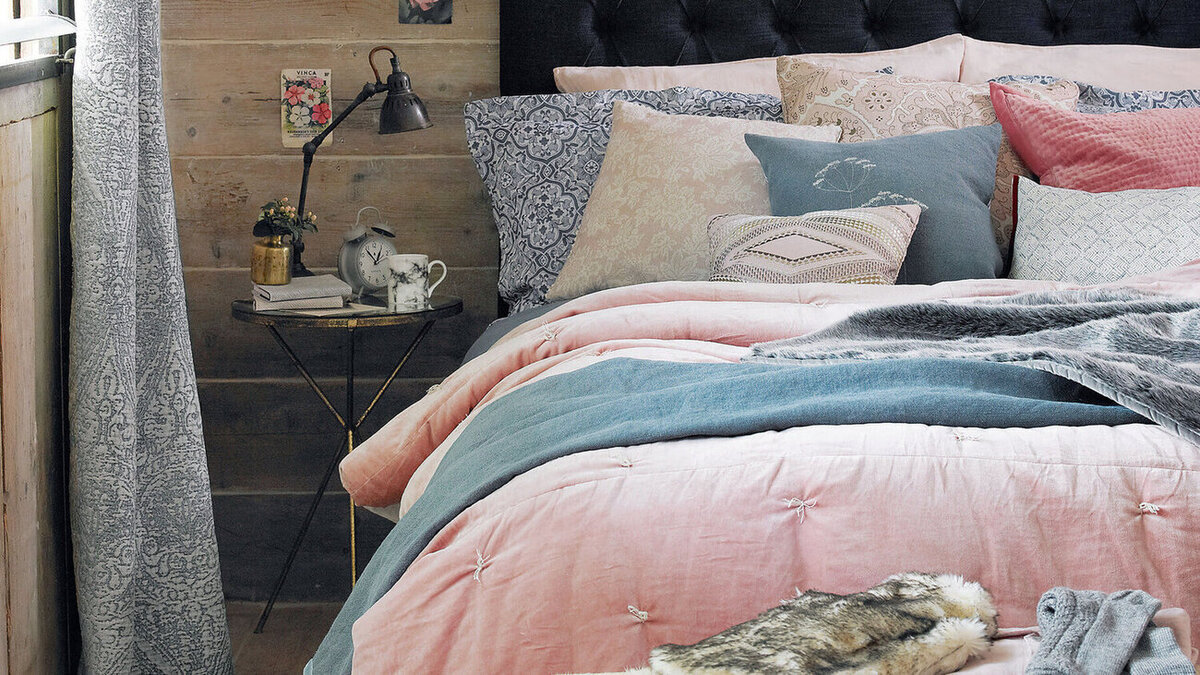
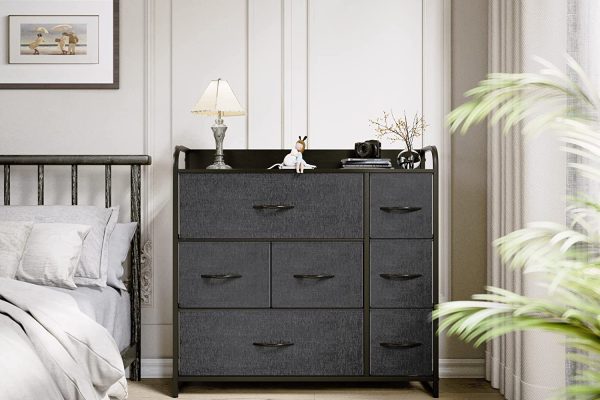

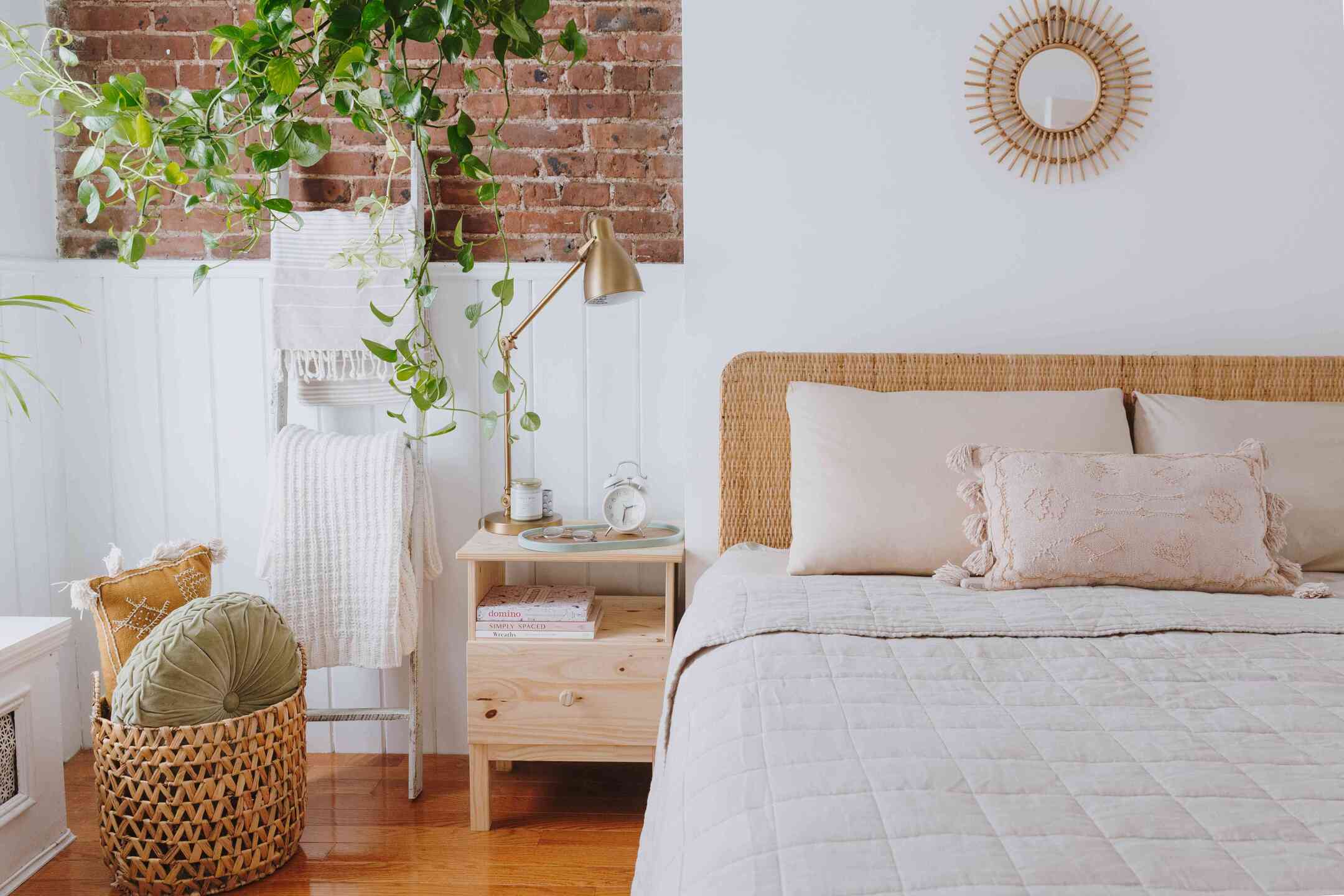
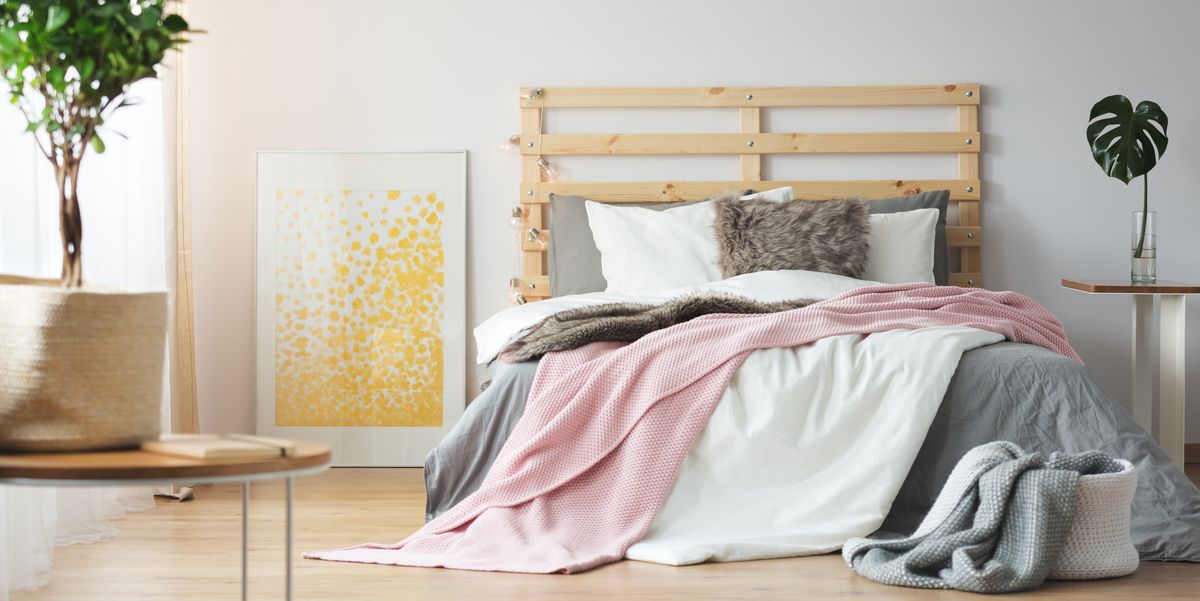
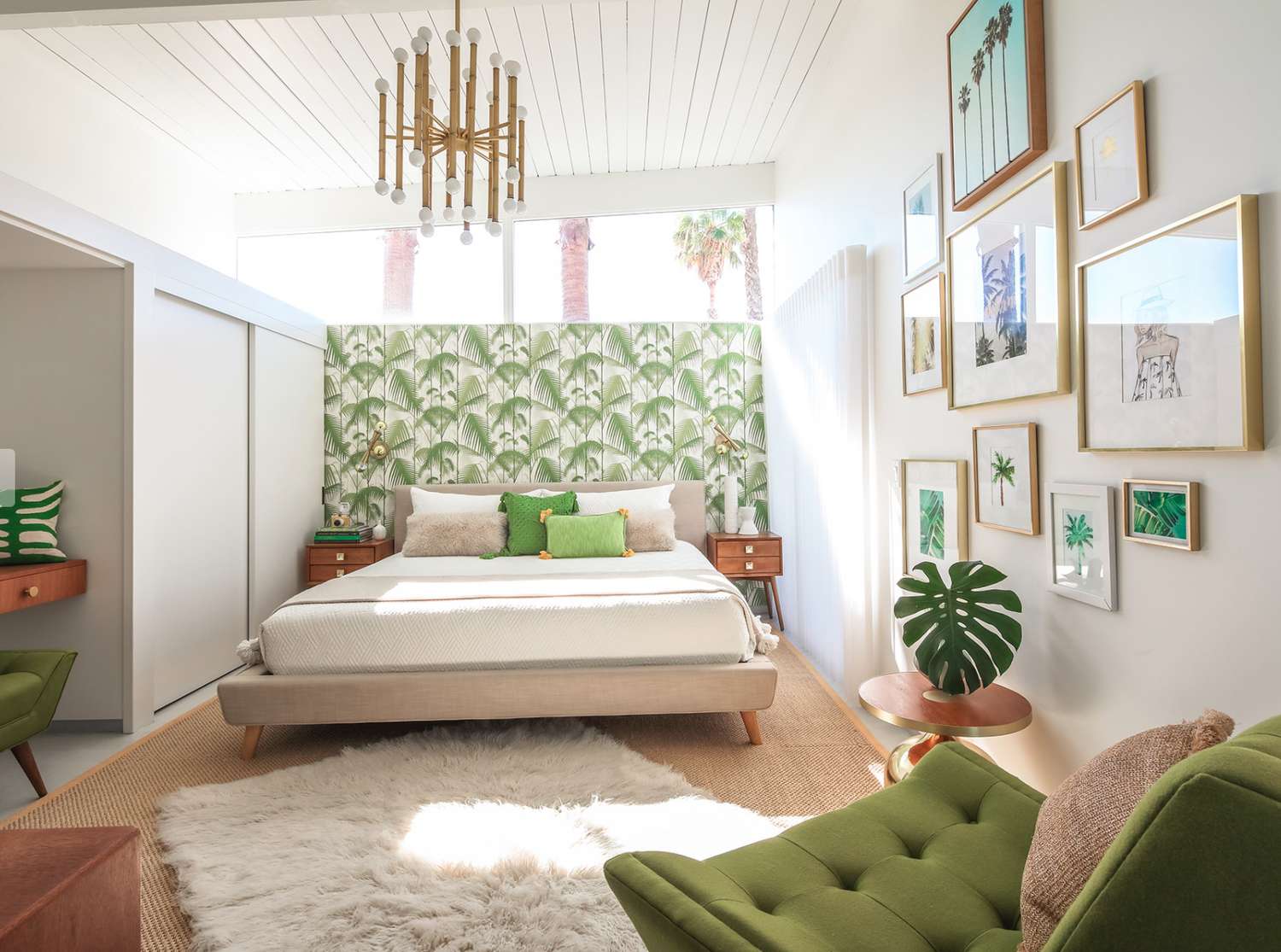
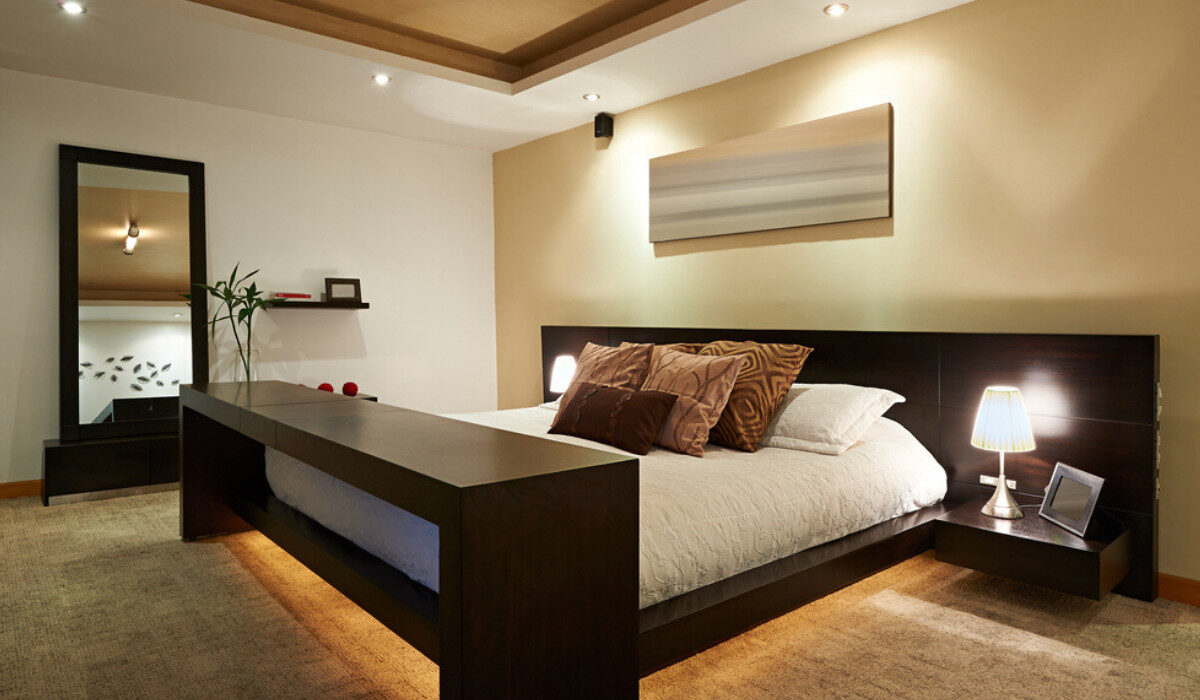
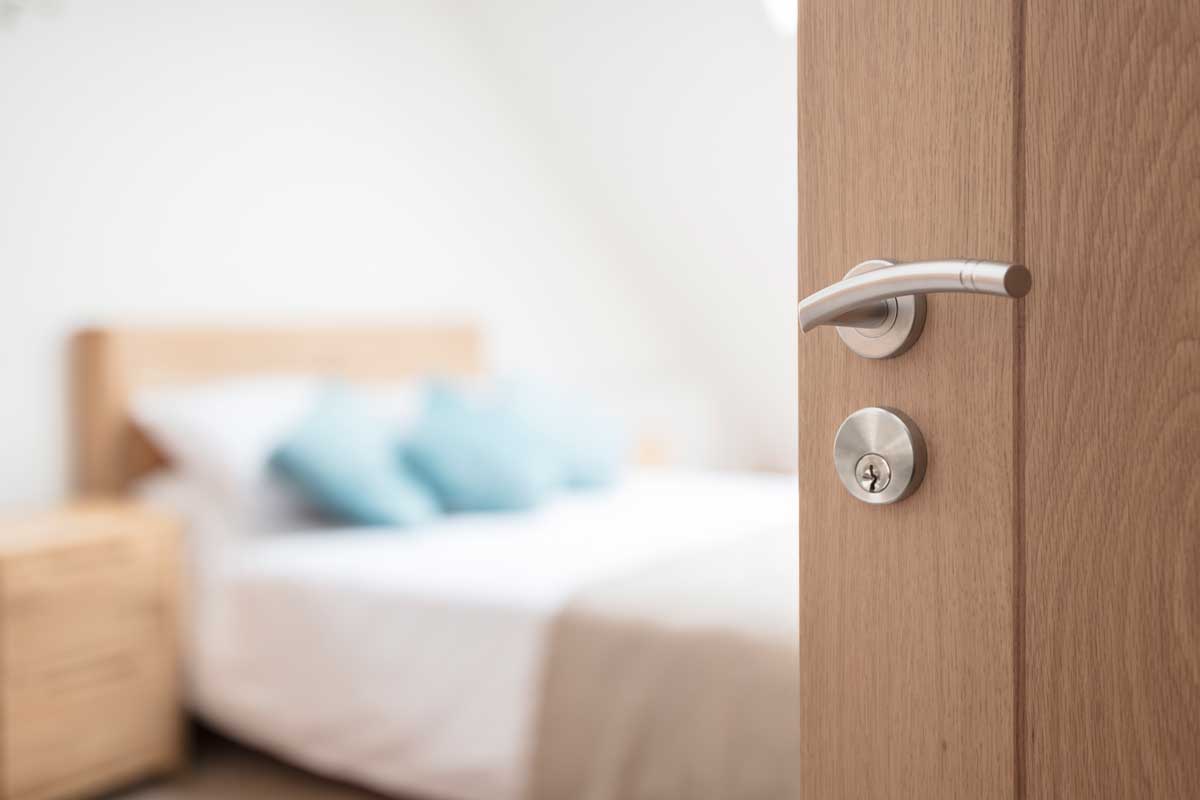
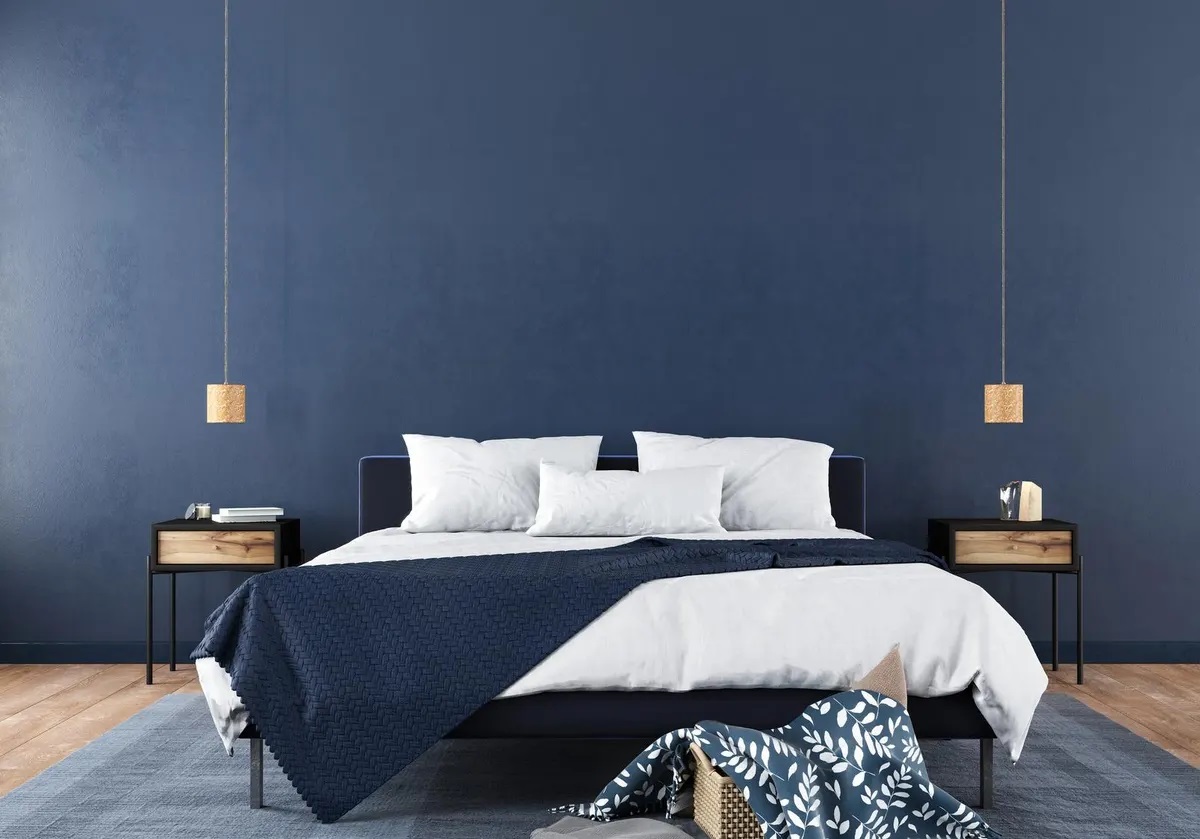
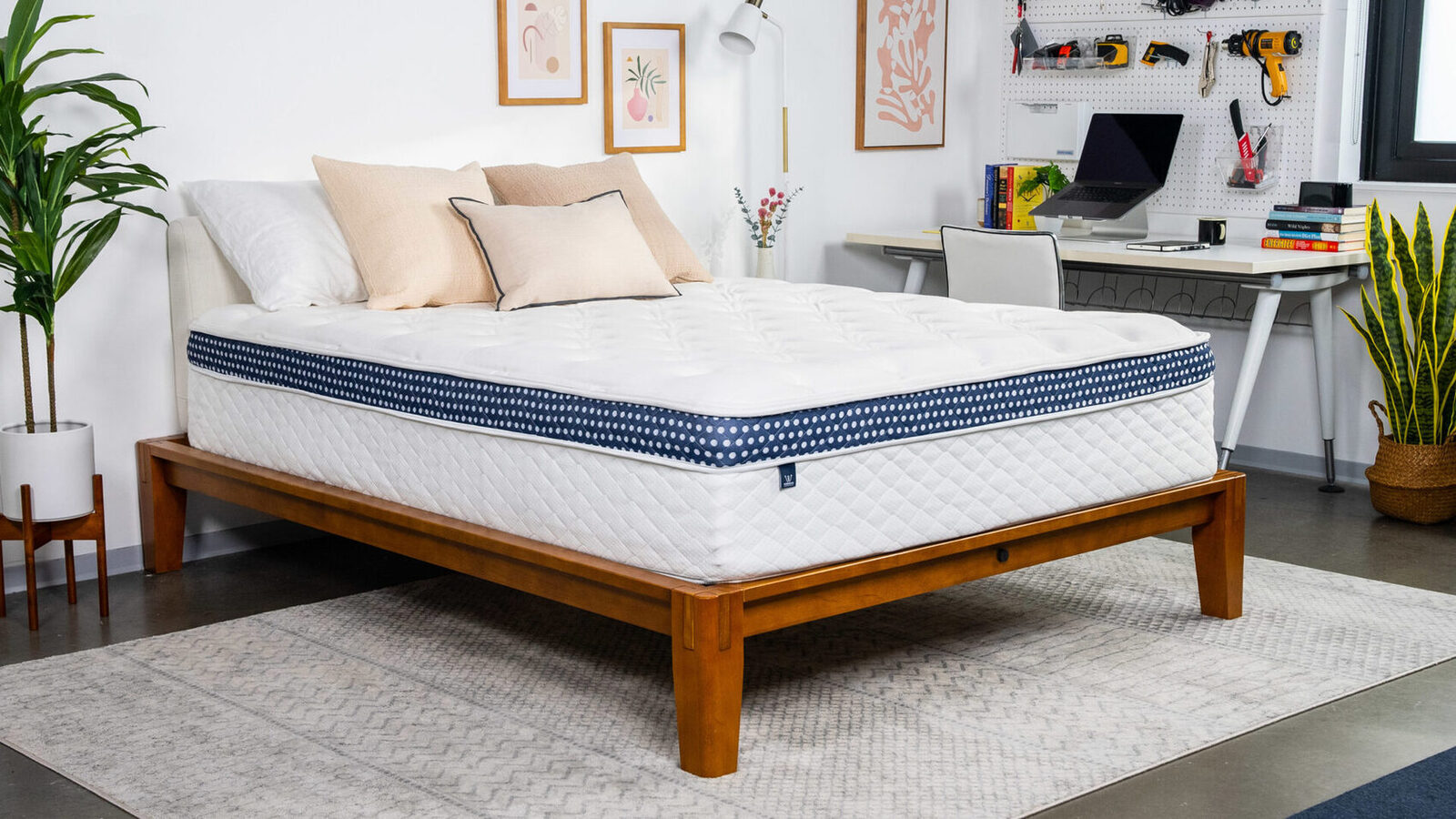
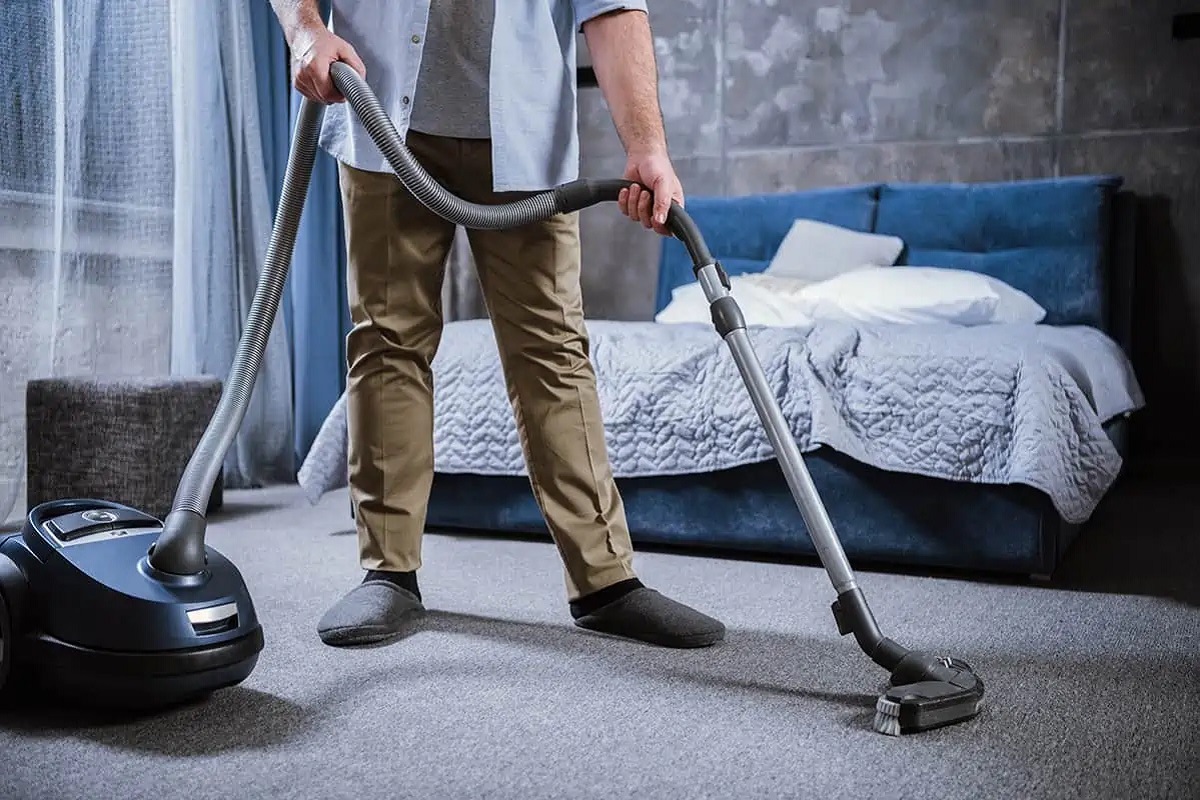
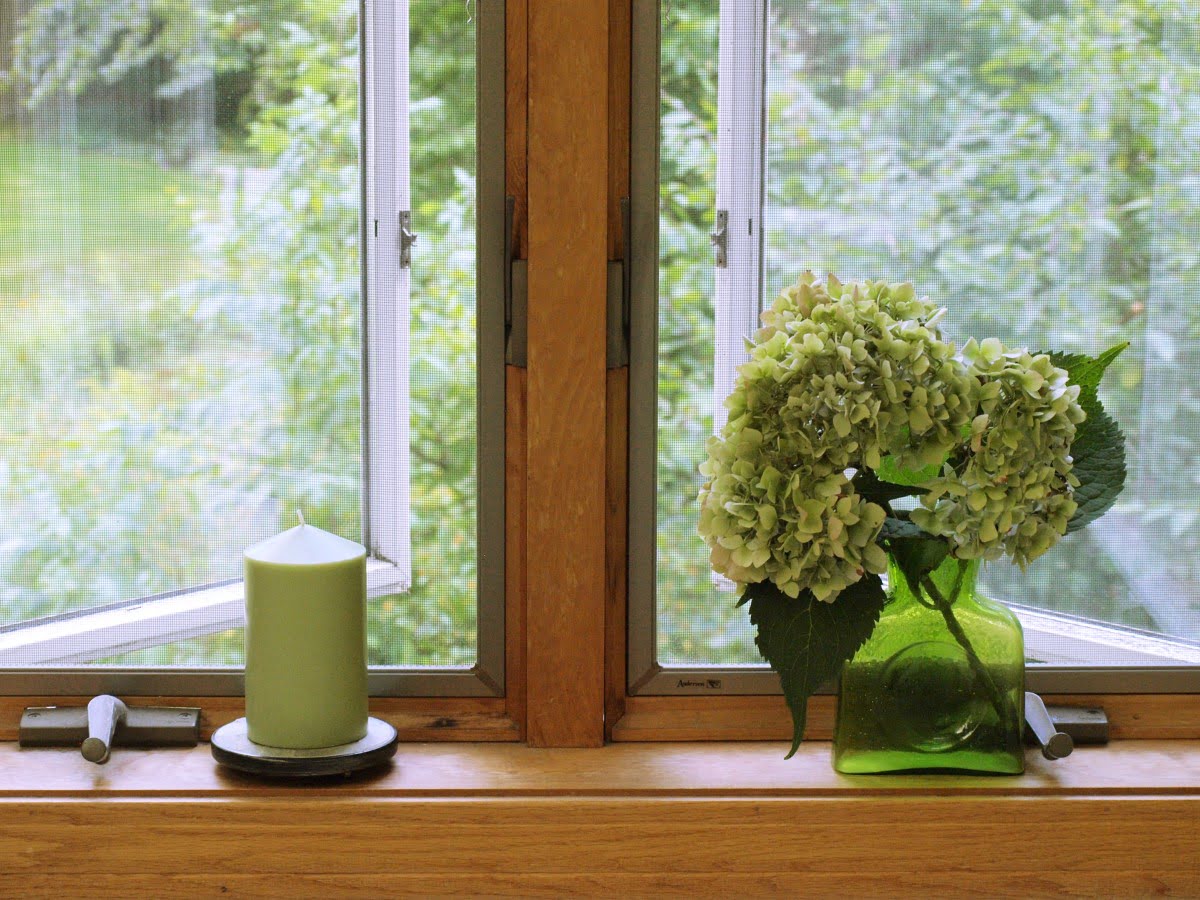
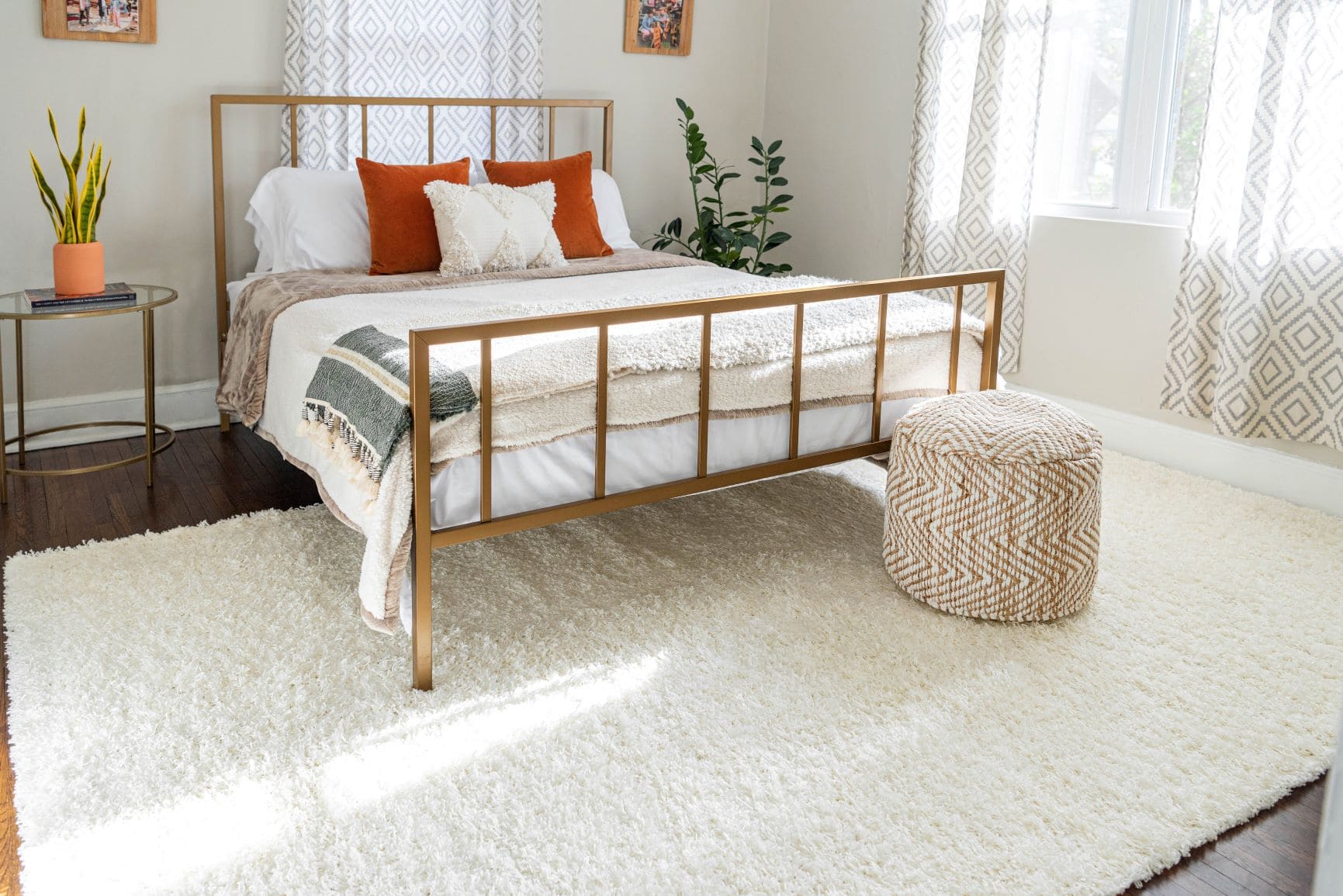

0 thoughts on “9 Ways To Make Your Bedroom Better For Sleep: Essential Tips From The Experts”